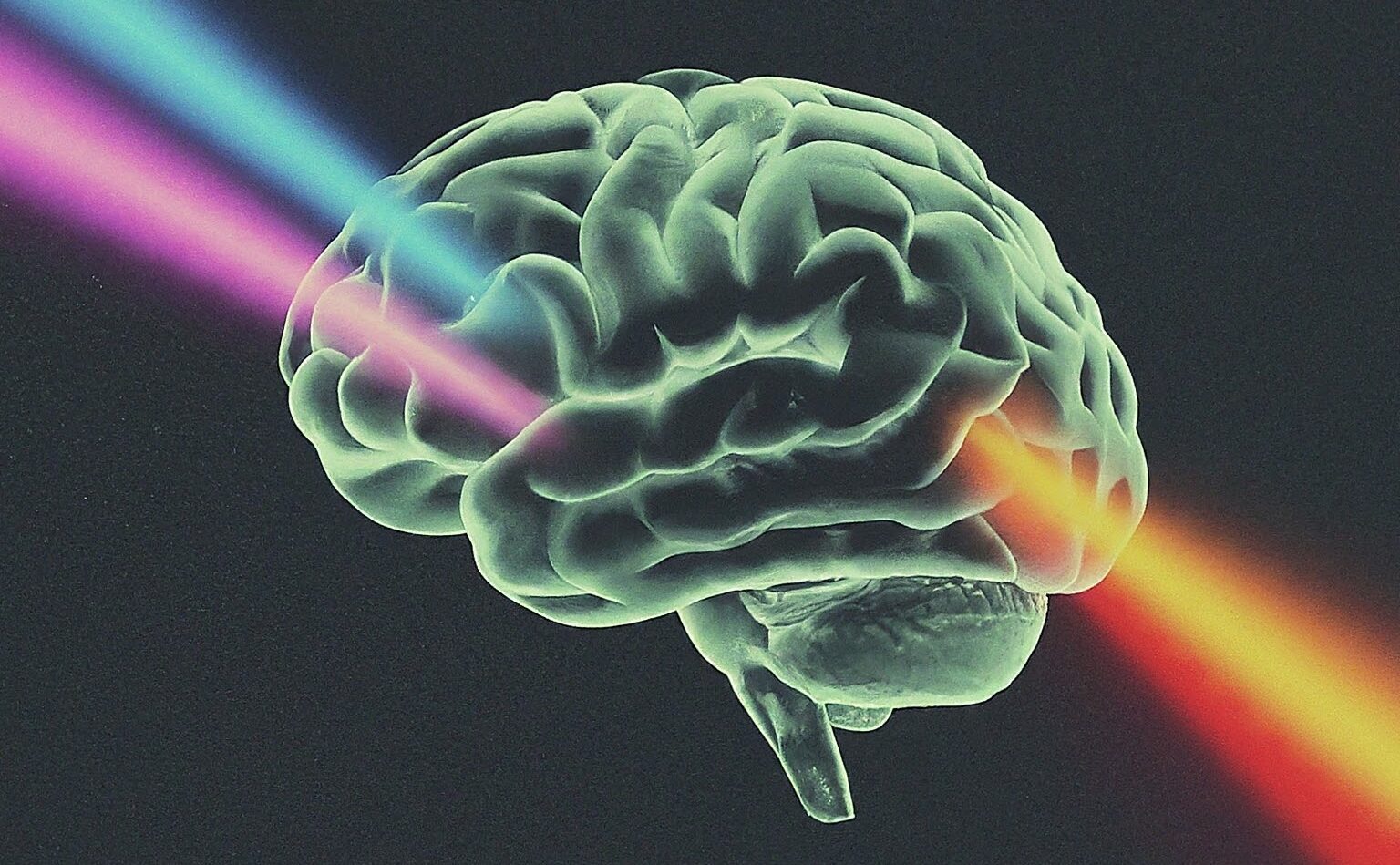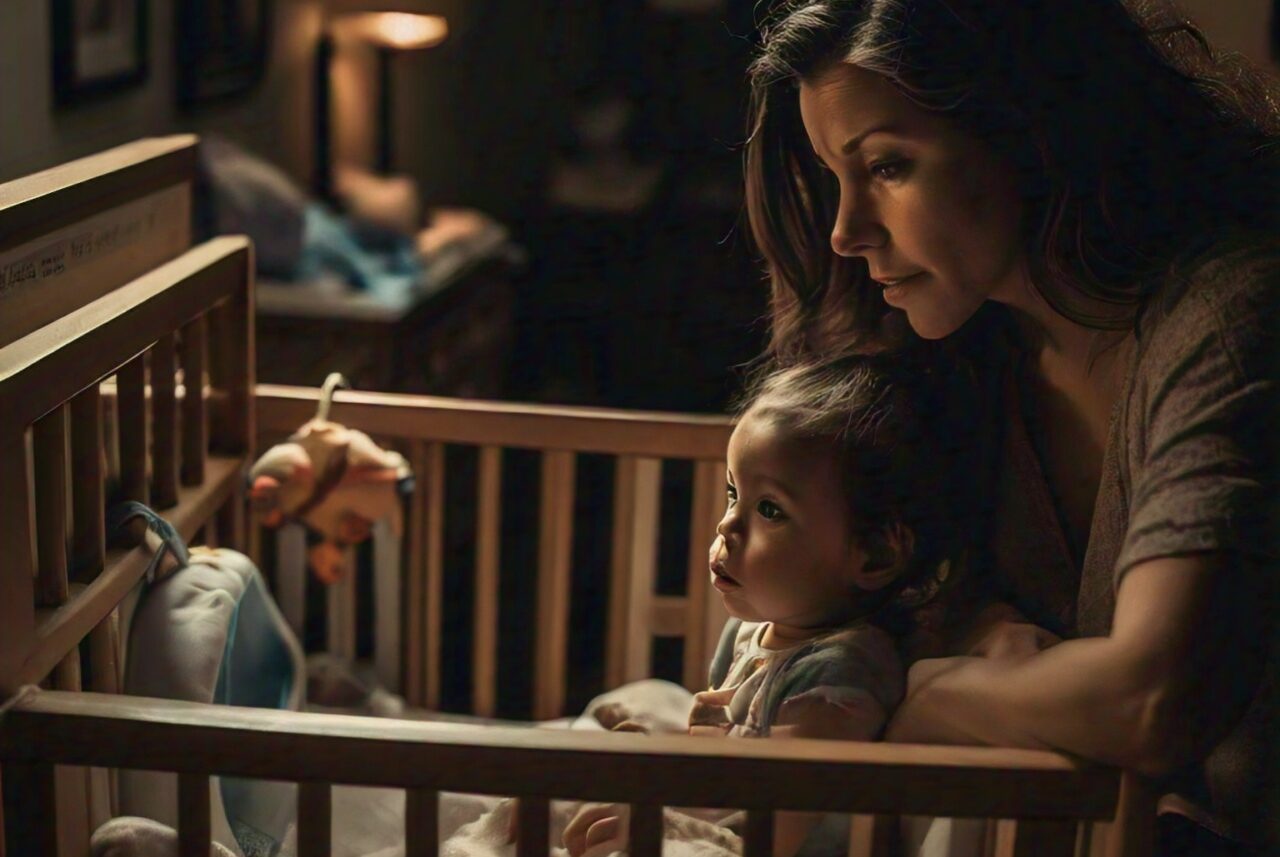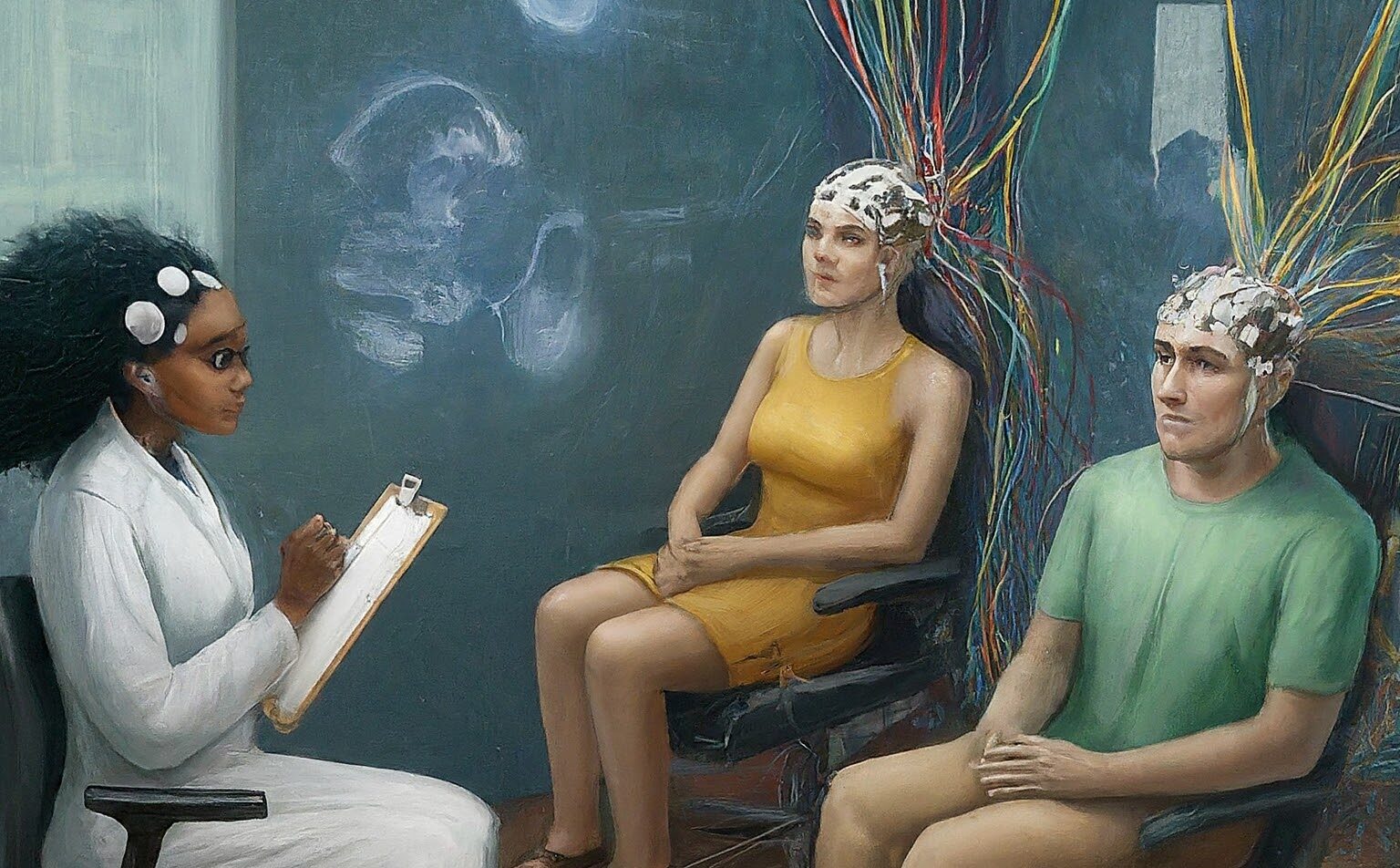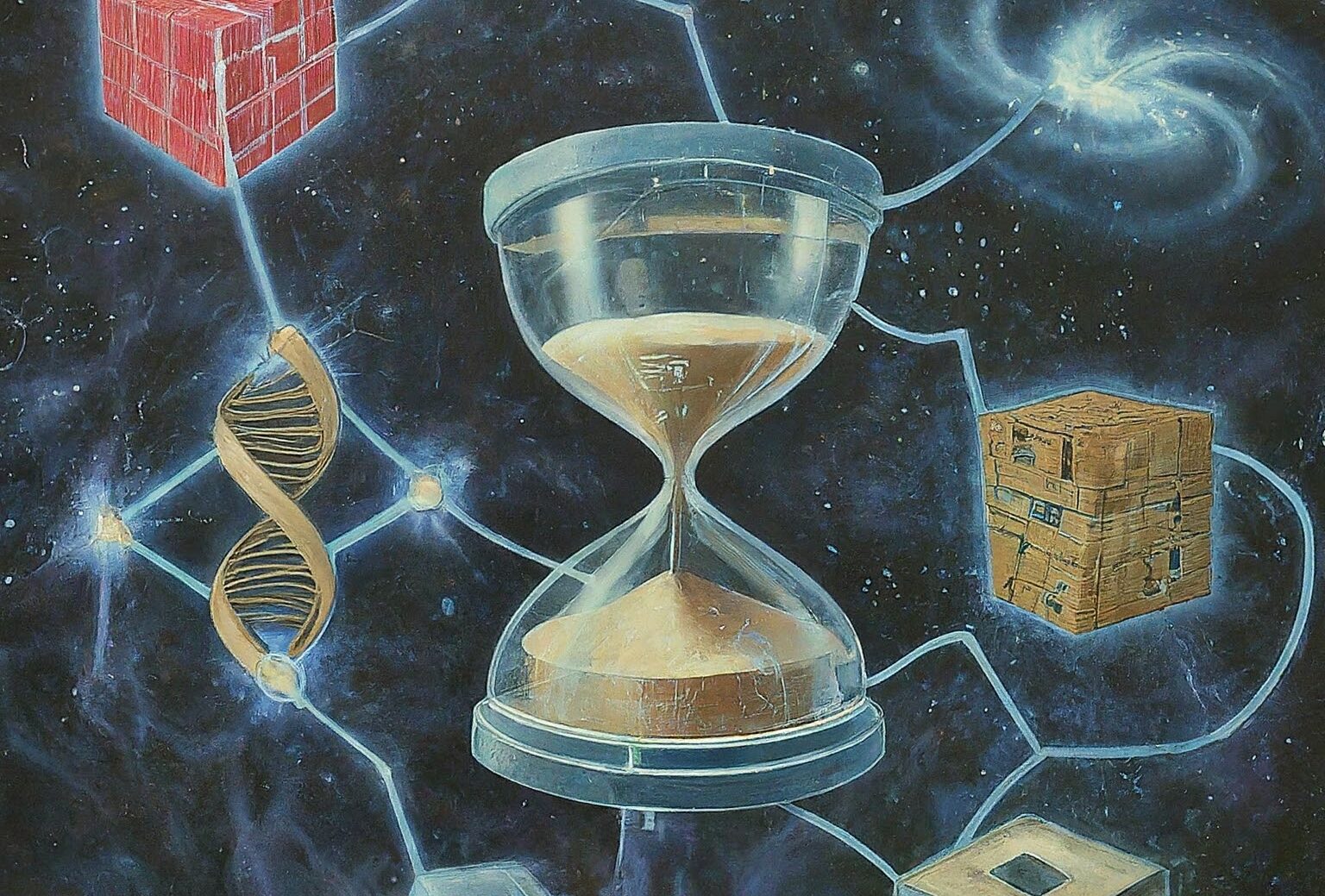Precognition 101
The Basics
| | “Precognition is the apparent ability to predict unexpected future events [that are not predictable by subconscious sensory or logical cues], and precognitive dreams are among the most commonly reported seemingly paranormal experiences. Typically, in a precognitive experience, a person has some kind of impression, and later that is followed by an event that seems to confirm or match the earlier impression.” – Caroline Watt, University of Edinburgh |
 | The subconscious mind has the ability to access knowledge that will be acquired in the future, similar to how we retrieve memories from the past. This is called precognition. This ability can lead to the power to alter the future, and up to one-half of precognitive experiences may contain valuable information capable of preventing disasters. |
 | Precognition is an occurrence that can occur either consciously or unconsciously. Unconscious (passive) precognition is a common occurrence in daily life, manifesting in events that occur within half a second to 10 seconds after the individual experiences the content. It can be observed through physiological precognition, such as sudden changes in bodily processes, or behavioral precognition such as a mother waking up and knowing her child is in danger. |
 | Conscious (active) precognition is a state where individuals are aware of the content of future events. This type includes precognitive dreaming, the most frequently reported form of precognition, and precognitive remote viewing as used in the CIA’s StarGate program. |
 | At the junction of conscious and unconscious precognition exists compulsive and forced-choice precognition. Compulsive precognition involves an individual’s instinctual knowledge to perform a certain action without understanding the reason, with future events occurring seconds to minutes after the experience. Forced choice precognition can be seen in laboratory experiments and although it’s easier to study, it often encounters the same delay as compulsive precognition. |
 | Precognition is the subconscious mind’s attempt to help us survive in chaotic moments, such as plane crashes, explosions, near-death experiences, and death. It is used to calculate and prevent similar situations from happening to us and to react to future upheavals. It is important to remember the things that reward and frighten us in order to thrive and survive, so precognition is often focused on these types of surprises. |
 | If you don’t practice precognition, you’ll probably just see sporadic everyday events in the future. You can occasionally manipulate what you see if you practice your skill. The majority of individuals initially encounter precognition while doing something unimportant, like walking a dog or folding clothes. |
 | Precognition is a natural, albeit elusive, function of the mind that aligns with theories on relativity, block universe, quantum physics, and determinism. Skeptics of precognition have no basis to reject it given the statistically strong data supporting it. Precognition is not a supernatural or paranormal ability related to aliens, religion, or telepathy. Studies link personality traits and social factors to belief in the supernatural, while intuition and social acceptance correlate with openness to understanding precognition itself. |